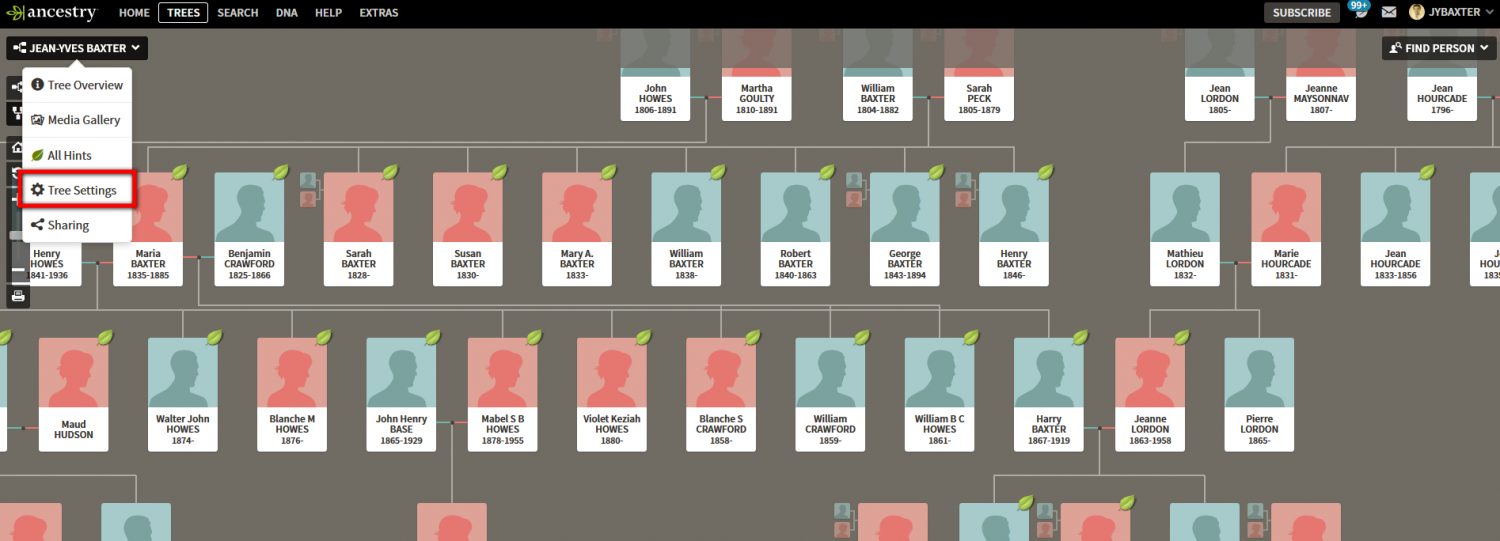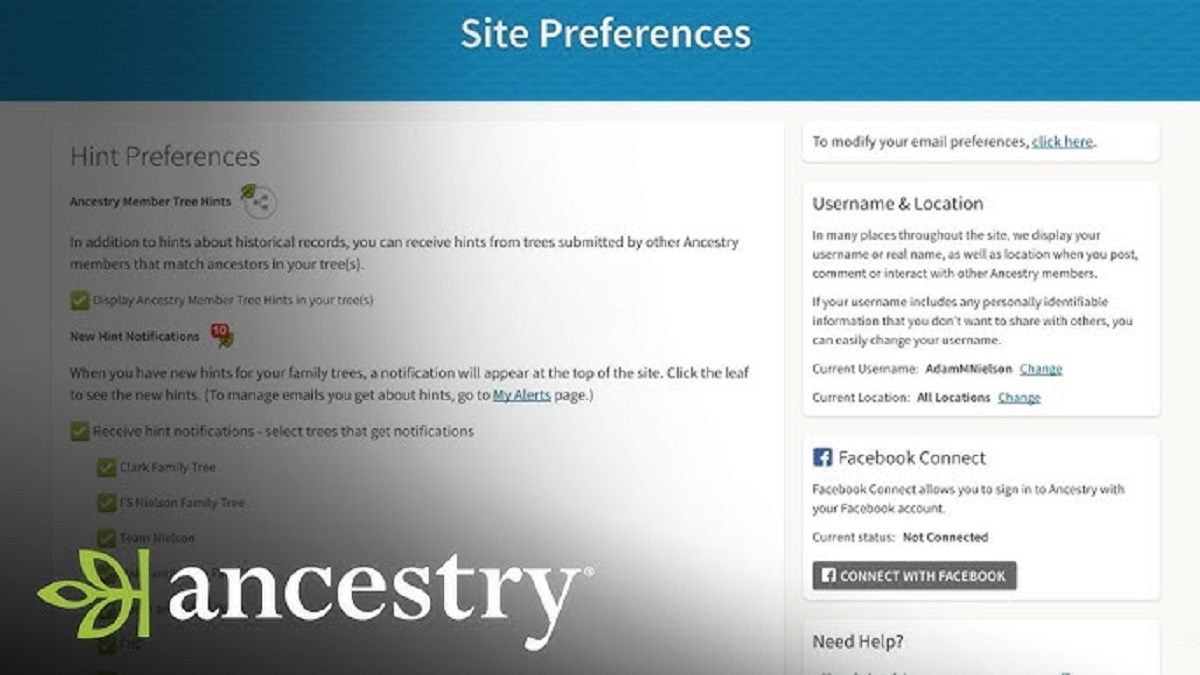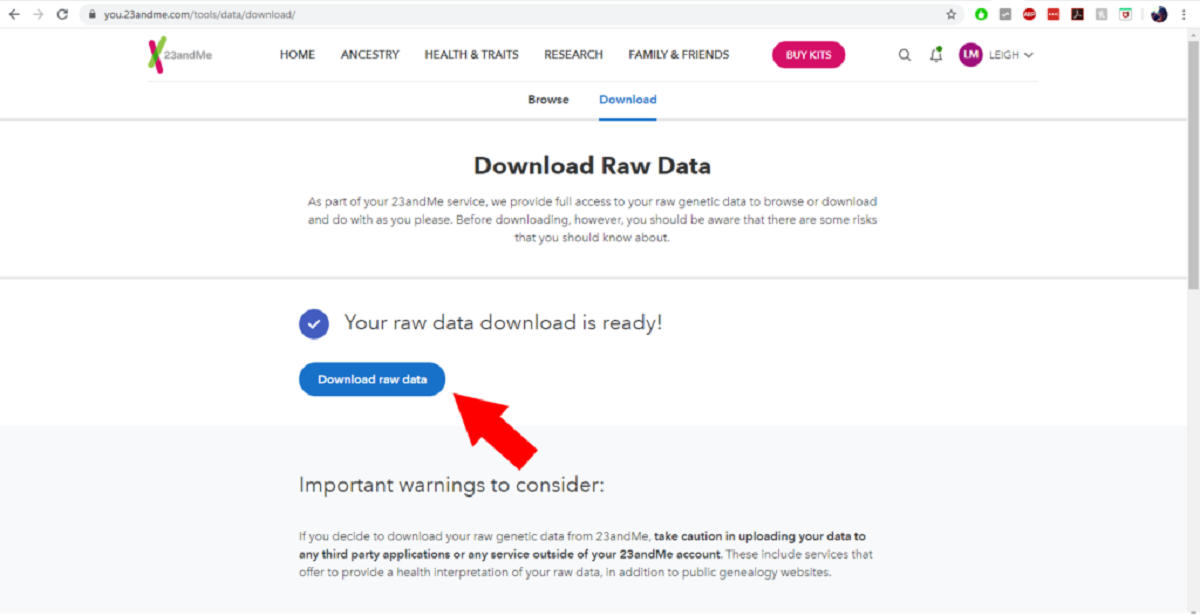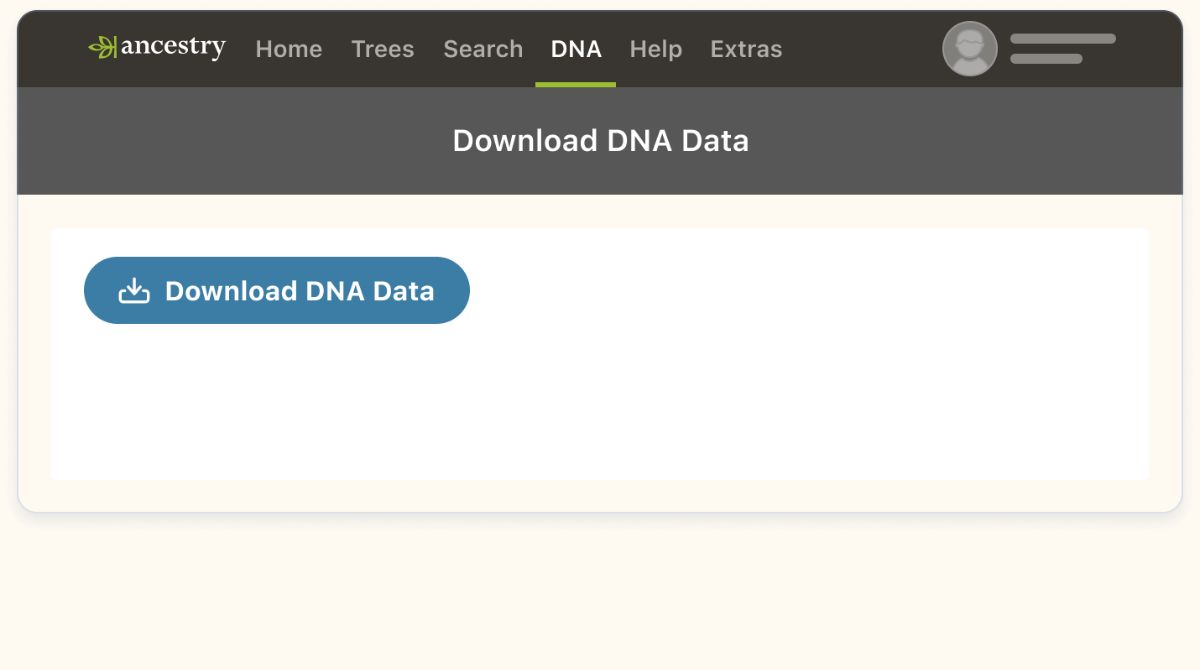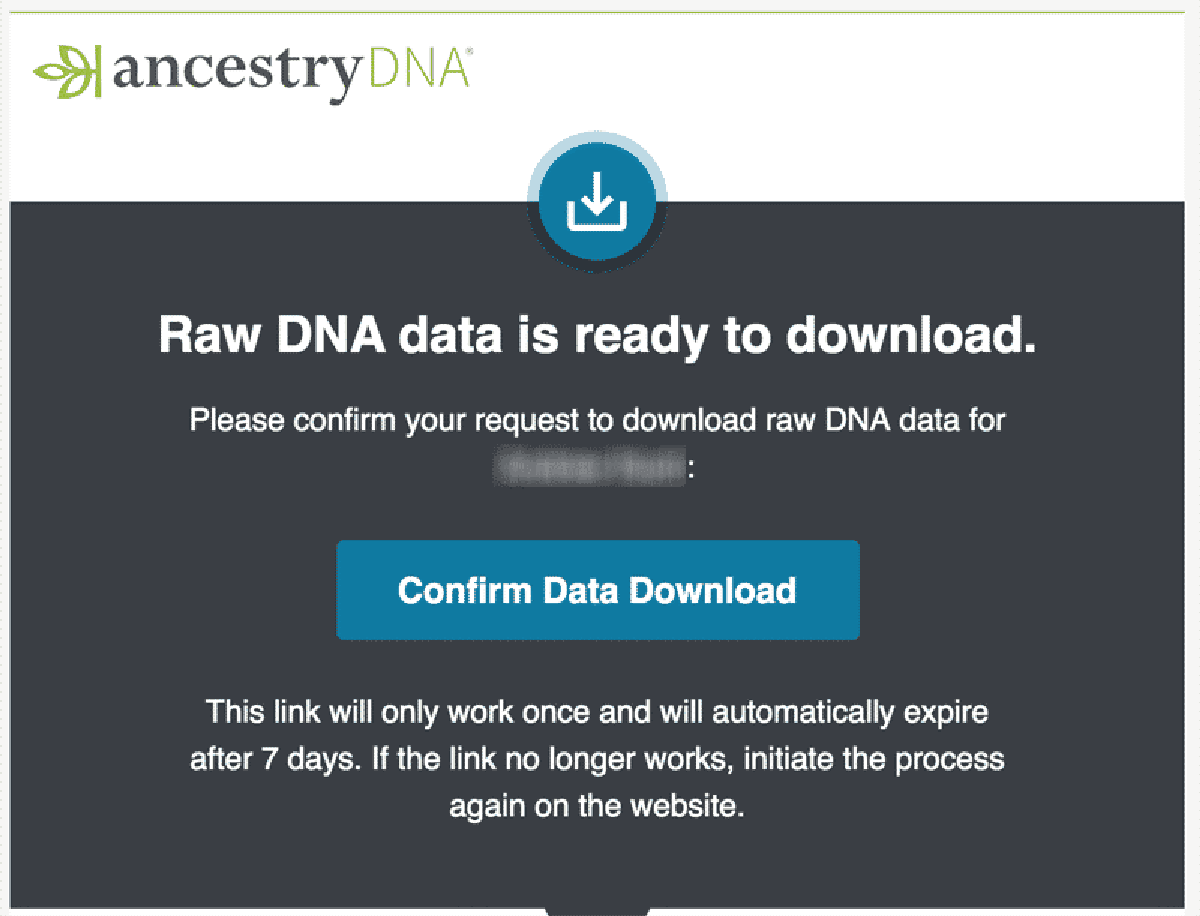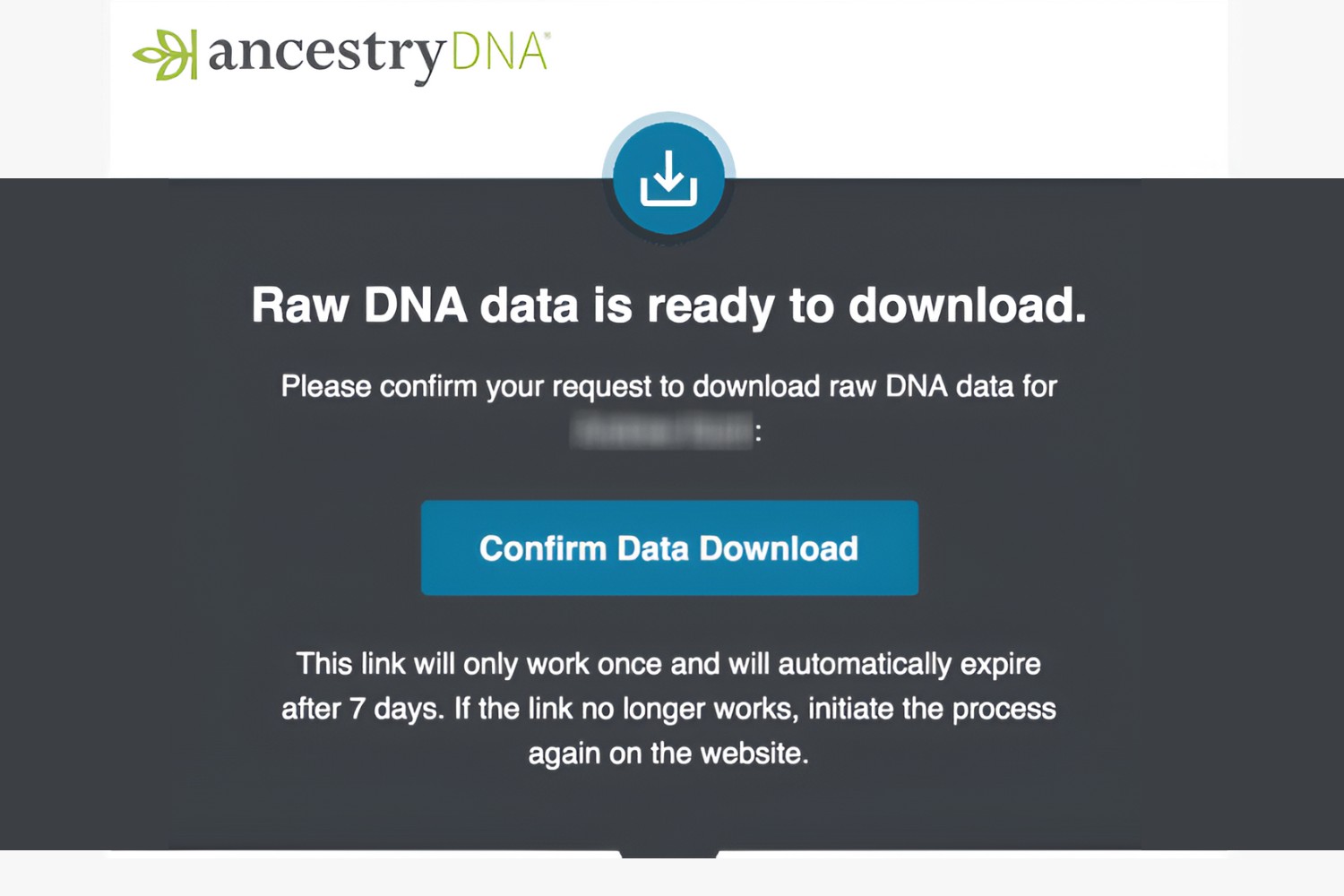It seems a natural curiosity for most individuals to want to learn about his/her roots. Perhaps your parents were separated from their family growing up, and you want to reconnect with the relatives you never knew. Whatever your motives may be, information about your ancestors is just a click of a mouse away. Genealogy websites are helping individuals search for information about their ancestry and family trees. Enkindle your growing curiosity about your own ancestry and blazing passion for research with the best genealogy websites in this guide.


What Is Genealogy?
Genealogy is the umbrella term for the study of family histories and the tracking of family lineages over the centuries. In alternative definitions, genealogy is considered a historical technique used to map the blood relations between human families across time. Historical documents are the lifeblood of genealogy research. They contain information about vital milestones in a person’s life from birth to death.
Archived documents passed down through the generations may also include information on property ownership, military service, occupation, taxation, school attendance, association memberships, and other important aspects of day-to-day life. These records that may have come from various sources are the most useful traces of our ancestors’ lives. Documentary evidence from informal sources, including newspapers, diaries, yearbooks, club membership lists, are also excellent references for genealogy research.
Best Genealogy Websites to Trace your Lineage


Genealogy websites are a convenient alternative to standard pen and paper research. In most cases, you also get to research without ever having to go to the city hall. Most websites offer free access to digital libraries managed by non-profit organizations or the government.
Websites managed by private companies charge fees for access to vast libraries they have compiled over the years. Your choice would depend on your research needs, and the decisions begin and end with you. But in the spirit of helping you out, we present some of the best and most trusted genealogy software out there.
1. OliveTree Genealogy


The Olive Tree Genealogy is a good website to look through if your ancestors are migrants to America. This website is over twenty years old, since its inception in 1996. It mainly features documentation of German Palatine, Mennonite, and Huguenot immigrants to the US; and their subsequent adoption of US citizenship. The website features passage documentation and legal records about naturalization, voting registration, oaths of allegiance to the United States, among other things.
Each archive is organized into levels to help users systematically search for their ancestors. For example, the first level of information for ship passenger archives focuses on the major ports migrants would normally arrive at. A second level focuses on smaller ports, and so on. The website also features generic historical records of places during various periods, including registers for military bases, orphanages, and asylums.
2. Family Search


Family Search is one of the most extensive research websites on genealogy available on the internet, and it’s absolutely free. The website is owned and funded by The Church of Jesus Christ of Latter-day Saints, a popular group commonly known to us as the Mormons. The website contains an astounding five billion records across the globe. Those records range from certificates of birth, marriage, and death. They also include legal records, immigration records, military records, and census data.
There are also old newspapers, yearbooks, directories, and more. The search pages permit several finely grained searches, but it’s not as sophisticated as other websites when it comes to search results. The website also offers a family tree tool to let you create your family tree. If you’re new to family tree building and want to give it a go without spending any money, then this is the ideal place to start.
3. JewishGen


JewishGen is one of the largest online repositories of Jewish records stemming from multiple generations. The website contains tens of millions of records worldwide—the search engine requests for a family name, given name, or town to filter search results. The website also has a repository of burial names and a Holocaust database containing over 2.75 million names in total. It also contains a variety of manuscripts and books on Jewish history and genealogy.
The website also makes it possible for users to research Jewish migration to other countries, and you will find links in the website that can connect you to other databases from the US, UK, Israel, and many more. There you’ll be able to find key records about Jewish migrants pertaining to their births, deaths, marriages, and places of origin. They also offer a guide for navigating the site, so you don’t get lost.
4. USGen Web Project


The USGen Web Project is one of the most comprehensive genealogy projects in the US, spanning more than 25 years. The website has been part of Family Tree Magazine’s 101 best websites countless times over the years. It is of national scope and serves as a portal to other websites from all 50 states in the US, which leads further to county-level websites. Volunteers run all of the websites connected to the USGen Web project with a passion for preserving the historical documents from within their own states.
You might notice that most of the available genealogy research in the US is based on regional divisions more than anything, making the website a fitting way to present information. The website currently features thousands of websites focusing on various topics, including the US African American Griots Project. All connected websites are also free to use.
5. Access Genealogy


Access Genealogy is one of the largest repositories of genealogy information on the web. The website can search through thousands of other websites with billions of names in their collection. On the website’s main page, you will find census records divided for each of the 50 states in the US. These sections lead further to links containing birth, death, marriage, census, tax, church, court, military, and historical records. Besides offering generic genealogy resources, the website also specializes in Native American genealogy and research to have a healthy supply of information.
They also offer various African-American records that cover everything from American Indian Treaties to census records and slave trade records. These records serve the purpose of helping users search for their ancestors and provide a glimpse into the assimilation of Indian immigrants into American culture.
6. TONI-Canadian Genealogy


The Ontario Name Index (TONI) is a comprehensive genealogy website dedicated to Canadian heritage. The Ontario Genealogical Society, the largest organization in Canada devoted to research into family histories, operates the website. The website offers a quick search box where you can input a first name and surname and the residence of the person you are searching for. The index contains over five million names, from which the search tool will try to match your ancestor.
Most of the names on the register were culled from cemetery and tombstone records. However, they also have records like church photo collections and insurance documents. You might notice that the website isn’t exactly as voluminous as other genealogy websites. They missed out on including a genealogy guide for beginners. Nevertheless, it’s the best place to start if your ancestors are native or naturalized Canadians.
7. National Archives and Records Administration


The National Archives and Records Administration another large-scale genealogy project that is completely accessible to the public for free. The website contains a moderately sufficient volume of records for genealogy research. This includes immigration (ship passenger lists), naturalization, military, land, and civil records. We have to admit; their collection is not as voluminous as other websites on this list. However, they do contain links to genealogical societies all over the world.
These links might lead you to online archives that might have everything you need on American, European, or Asian genealogy. These websites also sponsor workshops and webinars that you can attend. There’s also a link on the main page to the Online Public Access Catalog of the National Archives. From here, you can send requests to in person the records that might help with your search. The website also features a beginner’s guide explaining how the records are organized.
8. Allen County Public Library Genealogy Center


This genealogy website is a major project of the Indiana-based Allen County Public Library. Despite its origins in a small town, the website features genealogy resources from over 30 states in the country. Note that this doesn’t cover all states in the US, but it nevertheless suffices in volume. Their vast collection includes genealogy records native to Allen County and the state where it belongs, Indiana.
The website also includes comprehensive databases for Native American and African American ancestries. They also feature military records, family histories, and cemetery records from all over the country. Also included in the archives are genealogy data culled from family Bibles donated to the center. The website also features a genealogy guide to help beginners navigate their archives and resource materials like e-magazines to explain the basics of genealogy.
9. Ancestry.com


Ancestry.com is one of the most trusted, largest, and oldest genealogy websites to be available on the internet. The website is home to a staggering 20 billion historical records dating back hundreds of years. This behemoth of a digital archive consists of every type of historical document imaginable, from court records to newspapers to voter records.
But the other thing that makes Ancestry stand out even more is its DNA testing option. This test aims to determine your ethnic roots from over 350 ethnic regions worldwide. Over ten million people have already taken the test. This means there’s plenty of data to explore. But as you can imagine, with a website of this scope, their services aren’t free, and a basic subscription might set you back US 19 per month. However, they do offer a 14-day free trial so that you can try it out for free.
10. MyHeritage


MyHeritage is mainly a DNA testing website, but it also has deep roots in genealogy. Even before the concept of DNA testing for genealogy purposes was invented, the website offered archives of historical records, civil records, and military records for a fee. The archives are particularly helpful if your ancestors originated from Europe or are of European descent. Aside from providing genealogy information, the website also features DNA testing kits meant to determine people’s ethnic origins.
The DNA results are presented online and in a visually pleasing manner. The software will present a breakdown of your ethnicity estimates, which should tell you about which continent your DNA came from, and the dominant ethnicities that run in your blood. There’s also a map showing the origins of your DNA. The software will also compare your DNA results with that of others in order to find your distant relatives.
How Does Genealogy Research Work?


Genealogy research in itself is a systematic process consisting of several steps. The process begins with the selection of an individual or family line that you want to research. Once you have identified a particular person or family line to investigate, the next step is to identify the questions you want to answer by conducting the research. Come up with reasonably factual questions that official documents can answer. Think along the lines of, “when was my great-great-grandfather born?” instead of “what was my great-great-grandfather’s favorite color?”
Once you have a clear research objective or question, you can begin looking for possible records or sources for the information. Suppose you’re looking for the names of your grandparents three generations prior. In that case, you may want to begin by searching for the family in the census.
After identifying the likely source of information, you will then need to know where and how you can access the records. What comes next is the often-tedious process of sifting through original or digital copies of historical documents to search for your mark. It might be best to highlight or take note of important information as you go to ensure that you’ll have something to refer to later on.
Most genealogists use a research log and other software to keep track of facts and observations they get from reviewing historical documents. Keeping notes will be very useful when you need to analyze the facts, because no normal human being can remember everything, especially across long periods. Finally, you need to analyze the information gathered to determine if they sufficiently answer the research question or if it’s time to proceed to other sources.
What Are the Genealogy Research Methods?


Genealogists have various methods of mapping out ancestral information, almost all of them in diagram form. The most popular method requires an analysis of the direct line. The direct line describes the vertical progression of a family from couple to their direct descendants before you. Then comes family lineage, which includes the siblings of your parents, your grandparents’ siblings, and so on into the picture.
If you notice, both of these approaches are focused on family trees, meaning the point of reference is a living person going back to their ancestors across centuries. However, there’s a third approach to genealogy known as the descendant tree. As the reverse of the family tree, this approach is forward-looking in that the analysis of lineage begins with a person who lived in the past working forward to the present to account for all descendants in all lines.
How Do Genealogy Websites Work?


Genealogy websites are interest-based websites that collate historical documents for research purposes online. We need to emphasize tools in this context since genealogy websites don’t actually create the family trees for you. They simply offer tools that you can use to create them. This still leaves the task of researching and analyzing to individual.
Having considered this fact, genealogy websites also differ in terms of what they do best. Some provide articles that teach how to conduct genealogy research and where to start, while others excel at publishing charts and fully illustrated diagrams. Others provide research materials with databases containing original records on births, deaths, marriages, among other information. Most of the information that ends up on genealogy websites are what remains of historical records passed down from generation to generation.
Why Use Genealogy Websites?


Many people have different motives for undertaking genealogy research. Some might take up genealogy research as a lifelong hobby, while others simply want to have some questions answered about their family history. Whatever personal or professional motives a person can have, it’s quite clear that genealogy research and the available resources offer some practical, deeply personal, and even historical value. Allow us to explain some of the most common use cases for this type of website.
And if you’re worried that someone might be tracking your movements and location online, check out this guide on how to spoof your GPS location.
Personal Interest and Curiosity About Ethnic Roots


Family histories have practical, deeply personal, and even historical value. This is why it’s hardly surprising that people have a certain curiosity for their own ancestry and cultural heritage. Curiosity about one’s heritage is even more profound amongst people whose family histories were lost due to circumstances. Perhaps your ancestors were separated because of a natural calamity or war, or perhaps you never got to hear your grandfather’s life story. Or perhaps you simply want to map out your family history because no one is left alive to tell you about it.
Whatever gaps this lack of information may have caused, genealogy research can help fill in the gaps. The same might even lead you to discover extended family members. Alternatively, you can also rely on modern technology to search for your extended relatives in real-time. Check out this list of the best websites to search for people online.
Community Obligations and Religious Worship


Genealogy research plays an indirect but very important role in preserving cultural identity and heritage. Cultural identity has to do with the characteristics that people living within the same area tend to share. This often encompasses birthplaces, religion, social behaviors, art, literature, languages, and music.
Understanding one’s historical background and origins help people know more about themselves and their identity as part of a larger whole. This understanding plays a key role in a person’s self-image and serves as an intrinsic part of who they are. It also helps them develop a sense of kinship with their community and a cultural identity. This helps identify one’s function within the context of their own culture’s traditions and values.
Genealogy research also plays an important part in the practices of select religions. For example, religious groups such as The Church of Jesus Christ of Latter Saints and other Christian churches perform baptisms for the dead. This religious practice involves the baptism of an already-deceased family member with a living person receiving the rites on behalf of the deceased.
Legal and Forensic Research


Genealogy research is not simply a great pastime; it’s also useful for solving questions about family ties. It’s often used to assist in probate matters that have to do with transferring properties from a deceased person to his/her legal heirs. Genealogy research may be done in the absence of a will or the lack of identifying information for legal heirs in the corresponding will. In most cases, there is a need to notify the potential heirs regardless of their recognition in the will.
Genealogy research, combined with DNA testing, is also useful for establishing a child’s parentage in child custody or child support cases. The same is also useful for identifying homicide or murder victims and/or perpetrators of crime by law enforcement. A forensic genealogist often assists in such cases by conducting an independent analysis of family relationships to track down individuals related to an individual.
Final Thoughts on the Best Genealogy Websites


There are many types of genealogy software, and it’s quite impossible to say which one is the best. Today, most genealogy programs offer a vast collection of historical records with a simple user interface. Your choice of the program would boil down to your individual goals and priorities. It’s also best to keep in mind that these programs specialize in one thing or another. Some offer great tools for mapping out family trees, while others tap into comprehensive resources worldwide. Most of the examples we’ve cited are available for free.
However, we still need to give due credit to subscription-based websites that offer vast libraries of information and advanced tools like DNA analysis. The best move might be to research multiple sources of information for each individual and event in your family tree. And if you’re going to share information online, make sure to share them over encrypted messaging apps.









